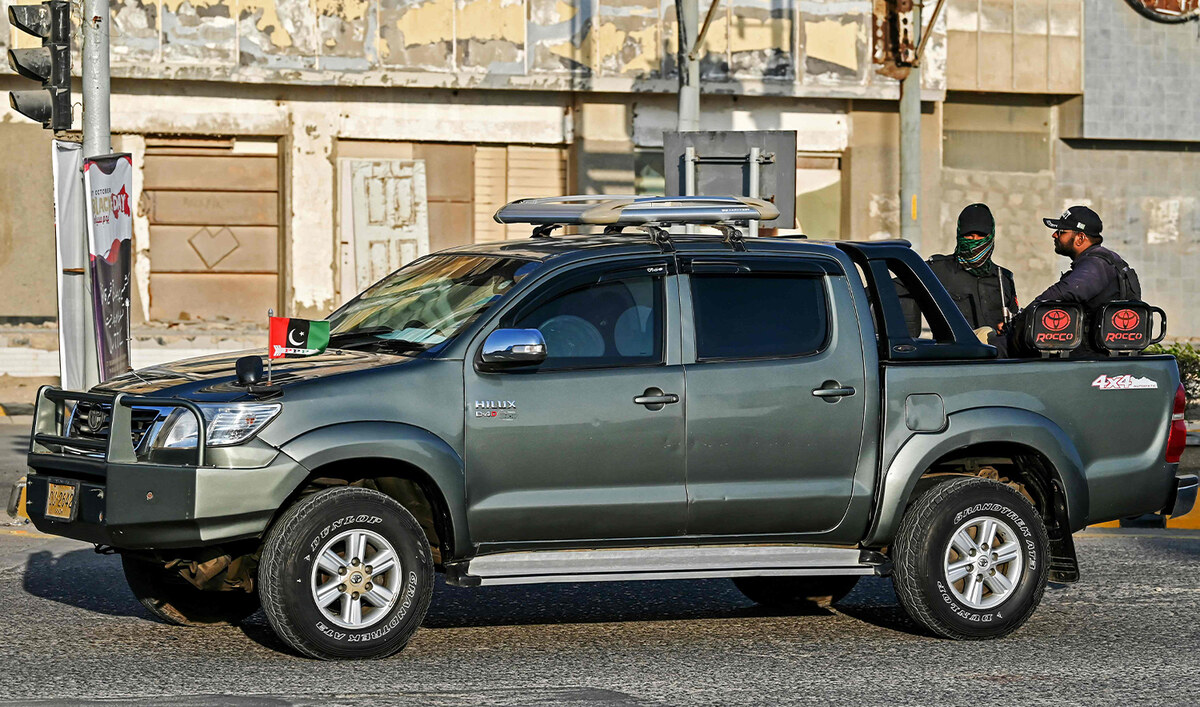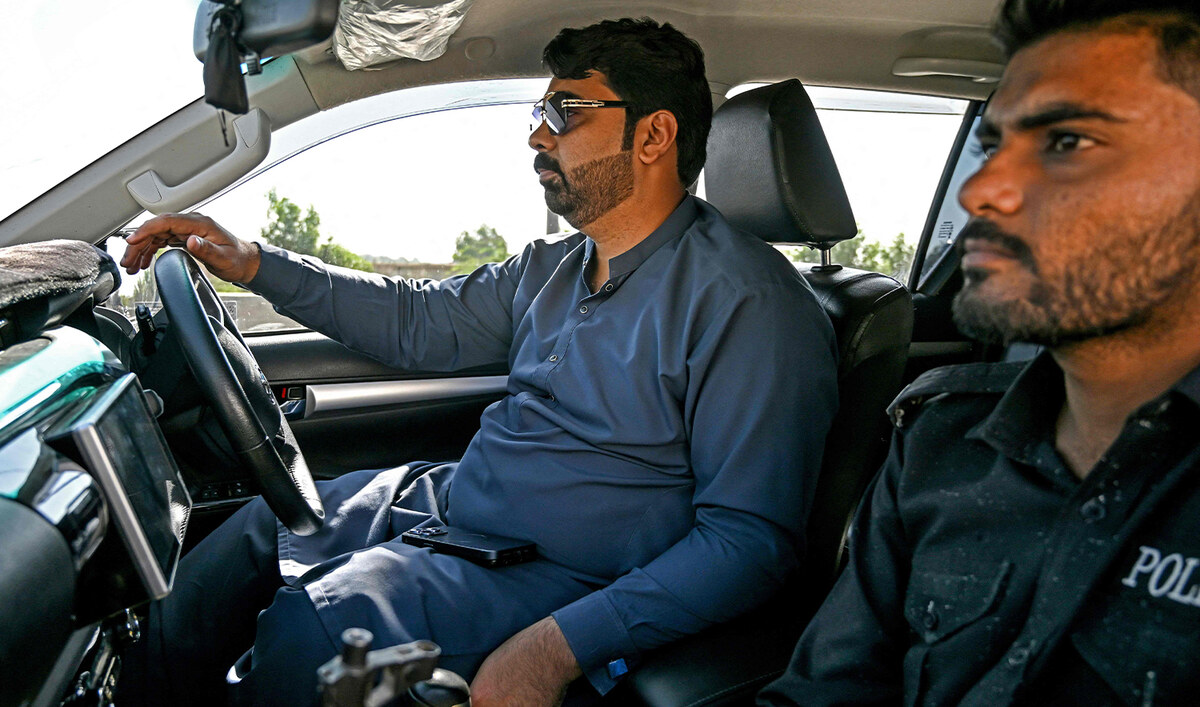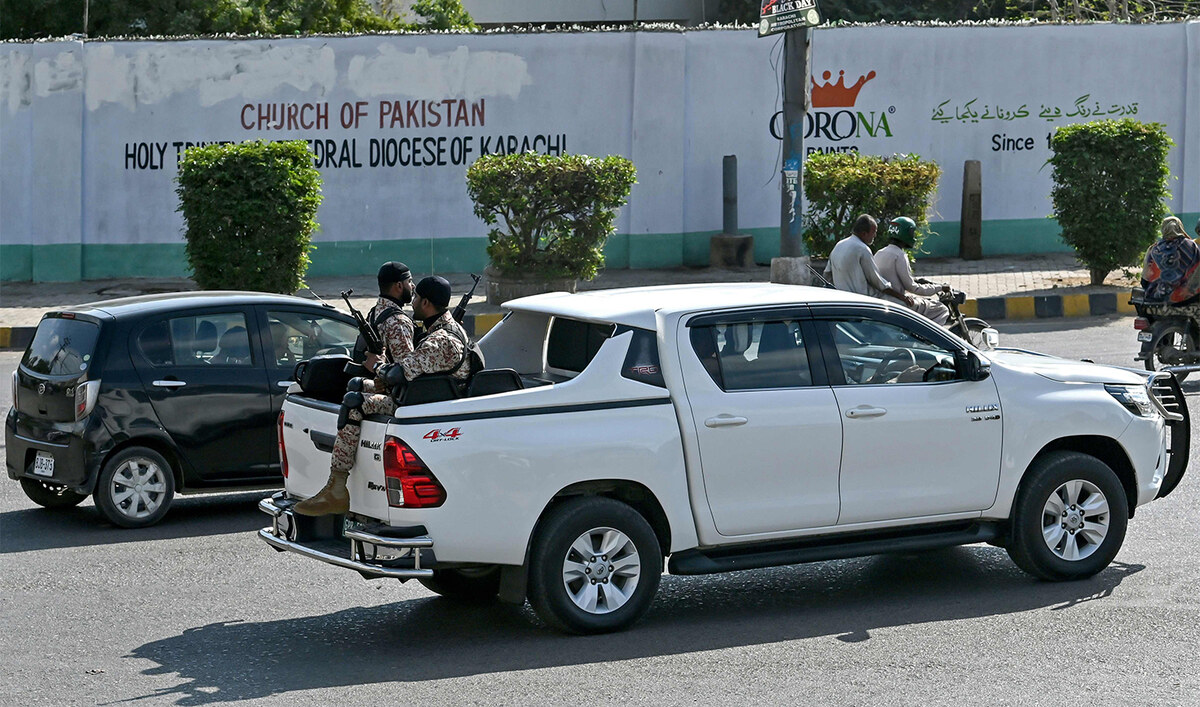ISLAMABAD: A high-level Saudi delegation led by the Kingdom’s Investment Minister Khalid bin Abdulaziz Al-Falih will sign 25 agreements in various fields during its three-day visit to Islamabad, the Pakistani president’s office said on Thursday.
Al-Falih, whose visit comes ahead of the Shanghai Cooperation Organization (SCO) Summit next week, is in Islamabad from Oct. 9-11 and will take part in a joint investment forum today, Thursday, as Islamabad hopes $2 billion in investment proposals will be finalized during the Saudi dignitary’s visit.
Al-Falih’s trip comes as Pakistan seeks closer cooperation in trade, defense, energy and other sectors with friendly countries and regional allies, with the aim to attract foreign investment and shore up its $350 billion economy, beset by a prolonged economic crisis that has drained foreign exchange reserves and weakened the national currency.
Pakistan and Saudi Arabia in particular have been working closely in recent months to increase bilateral trade and investment, with Crown Prince Mohamed bin Salman reaffirming the Kingdom’s commitment earlier this year to expedite a $5 billion investment package for the South Asian country.
“The Saudi delegation will sign 25 agreements in various fields,” President Asif Ali Zardari’s office said in a statement. “These agreements will usher in a new era of bilateral economic cooperation.”
The press release added that Saudi Arabia was planning to invest in Pakistan’s construction, infrastructure, mining, agriculture and information technology sectors.
“The Saudi minister will have a busy schedule in Pakistan of meetings with representatives of private companies and top government officials of KSA while bilateral trade and investment between Pakistan and Saudi Arabia, mutual agreements and important Memorandums of Understanding will also be signed,” the Pakistani Prime Minister’s Office said in a statement after the Saudi delegation’s arrival on Wednesday night.
An invitation to the investment forum, which began on Thursday morning, showed it would include speeches by Al-Falih as well as Pakistan’s Petroleum Minister Musadik Malik, Commerce Minister Jam Kamal Khan and Privatization Minister Abdul Aleem Khan.
Aleem Khan on Wednesday called the Saudi visit a “welcome step,” and “an important milestone” for the investment sectors of both nations.
“Private companies of Pakistan are fully ready for investment and bilateral business from Saudi Arabia,” the PMO said, quoting Khan.
During his visit, Al-Falih will meet top Pakistani leaders and interact with the country’s business community.
“The delegation comprises representatives from various sectors, including energy, mining, minerals, agriculture, business, tourism, industry, and manpower,” Radio Pakistan reported.
Last month the International Monetary Fund’s board approved a long-awaited $7 billion bailout deal for Pakistan’s struggling economy. The IMF said the new program will require “sound policies and reforms” to strengthen macroeconomic stability and address structural challenges alongside “continued strong financial support from Pakistan’s development and bilateral partners.”
Saudi investment minister in Pakistan, will sign up to 25 agreements
https://arab.news/m2n96
Saudi investment minister in Pakistan, will sign up to 25 agreements

- Al-Falih is expected finalize $2 billion business proposals while in Pakistan
- Riyadh this year pledged to expedite $5 billion investment package for Pakistan





















